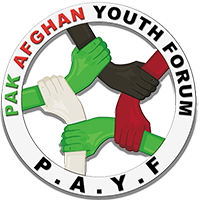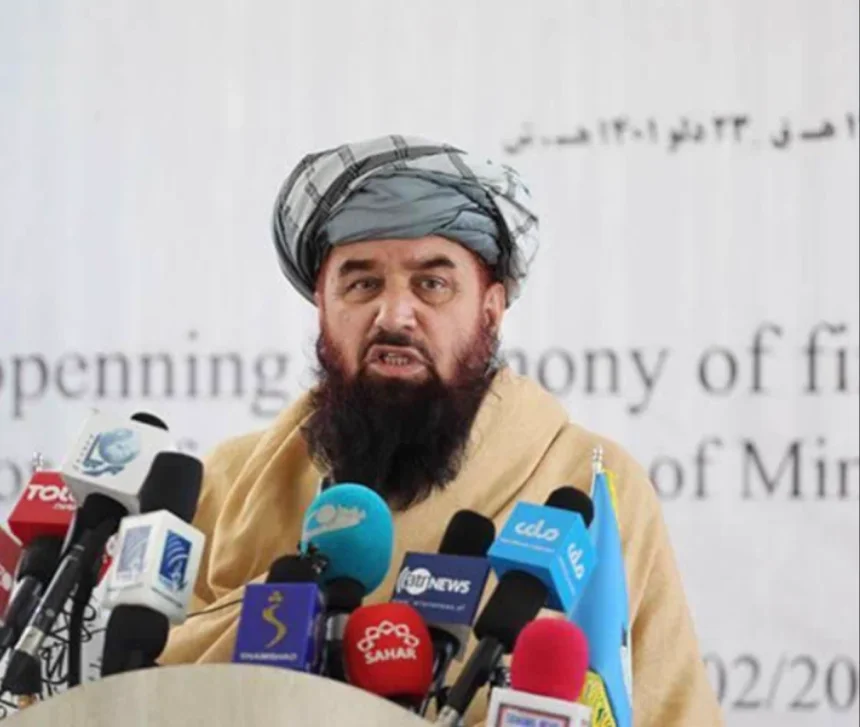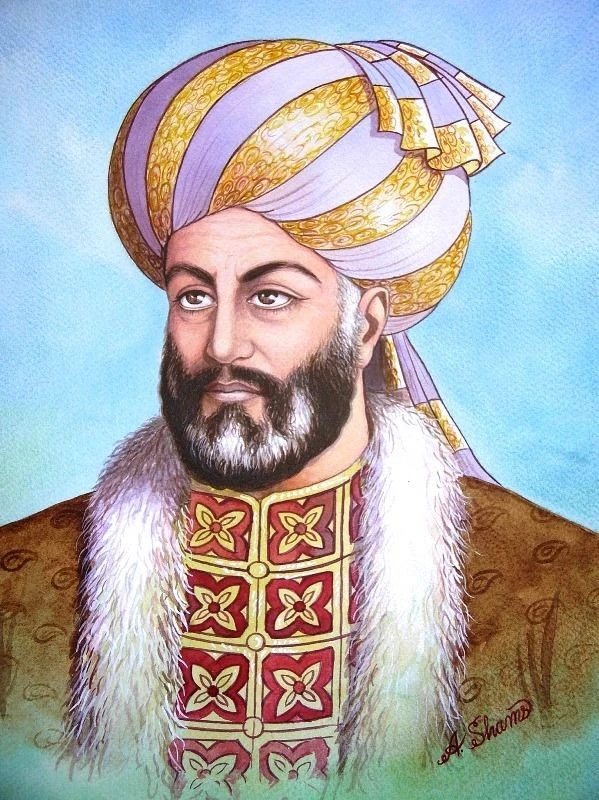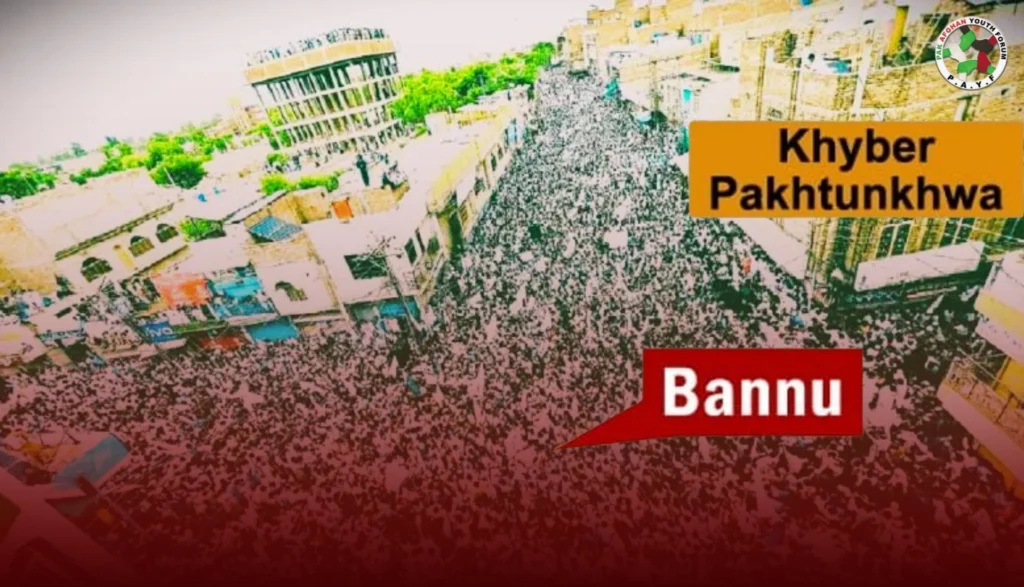The resignation of Abdul Hakim Sharia, the Justice Minister of the Afghan interim government, has spotlighted not just corruption within the administration but the broader internal divisions that threaten the very foundation of the government’s legitimacy and its capacity to govern. Sharia’s outspoken criticism—calling his colleagues “thieves, traitors, and corrupt”—is a rare and striking public dissent within the IEA-led regime, which has often maintained a united front in the face of both internal and external pressures. This internal rift, now exposed, raises profound questions about the government’s stability and its ability to address the critical needs of Afghanistan’s people.
Internal Divisions and Their Impact on Governance
The internal divides within the Afghan interim government are becoming increasingly evident. The factionalism within the IEA, between various groups and individuals, exacerbates the government’s inability to provide effective governance. The Haqqani network, for instance, continues to wield considerable influence over the country’s security apparatus, while other factions within the IEA focus on different aspects of governance, including the Ministry of Justice. These divisions create not only power struggles but also inefficiencies in decision-making and implementation.
Abdul Hakim Sharia’s resignation—coupled with his very public accusations—illustrates the growing frustration and disillusionment within the ranks of the regime. If senior officials like Sharia, who is tasked with overseeing the rule of law, are unable to reconcile with the leadership and openly question its credibility, it calls into question the legitimacy of the entire government. This isn’t simply a matter of political infighting, but a crisis of governance, one in which the people of Afghanistan are suffering from the lack of leadership unity.
When a government is deeply divided within, as is the case with the Afghan interim government, its capacity to maintain order, enforce laws, and respond to the needs of its citizens is fundamentally weakened. Afghanistan is a country in desperate need of economic recovery, social stability, and security, but internal discord significantly undermines efforts to achieve these goals.
Islamic Principles and Afghanistan’s Challenges
In discussing governance and how Afghanistan should navigate its future, it’s essential to draw from the principles of justice that are central to Islamic teachings. Islam emphasizes the role of leaders to uphold justice and the common good. The concept of justice in Islam is multifaceted, incorporating not just the idea of fairness but also accountability, transparency, and protection of the rights of individuals.
One of the foundational verses on governance in Islam is from Surah Al-Imran (3:103), which emphasizes unity and justice among the community:
“And hold firmly to the rope of Allah all together and do not become divided.” (آل عمران: 103)
This verse underscores the importance of unity and solidarity—principles that are not just religious but foundational to effective governance. The notion of “the rope of Allah” symbolizes the unity of the Muslim community (ummah), and the command to not divide reflects the necessity of cohesion among the leaders. The IEA’s internal fragmentation, exemplified by Sharia’s resignation, starkly contrasts with this Quranic directive. When the leadership is divided, not only does governance falter, but justice is also compromised. How can a government that is unable to present a unified front or hold its leaders accountable ensure the fair treatment of its citizens?
Justice in Islam requires leaders to act with integrity and fairness, upholding the rights of their people above personal or factional interests. Yet, the Afghan government’s reliance on individuals with questionable records—such as the Haqqani network—raises questions about its commitment to these principles. The Haqqanis, known for their links to militant activities and past human rights abuses, do not represent the values of justice and mercy that Islam calls for in leadership. This disconnect between the leadership’s actions and the Islamic principles of governance only exacerbates the country’s ongoing crisis.
Also See: IEA’s Minister of Justice Resigns Amid Internal Rift, Moves to Dubai
The Path Forward
The road ahead for Afghanistan requires a serious reevaluation of its leadership structures and their commitment to justice. The resignation of Abdul Hakim Sharia is not an isolated incident—it is a symptom of the broader failures within the government, one that is unable to overcome its internal fractures and act in the best interests of the Afghan people. The international community, particularly neighboring countries, must recognize the gravity of this internal instability and push for a governance structure that is more inclusive and transparent.
A reformed government must prioritize the principles of justice, unity, and accountability. This requires leaders to set aside factional interests and work toward a common vision of rebuilding Afghanistan. Justice in governance, as outlined in the Quran, involves not only the fair distribution of resources but also the creation of a system where people’s voices are heard, their rights are protected, and their needs are met.
For Afghanistan, this vision can only be realized through meaningful reforms—both within the government and in its relationship with the people. The leadership must move beyond personal gain and power struggles to build a system that is transparent, responsive, and rooted in Islamic values of fairness and justice. As Afghanistan continues to struggle with political instability, economic collapse, and a humanitarian crisis, it is imperative that those in power remember that governance is not merely about holding power, but about serving the people in the best way possible. Only through justice, unity, and a commitment to the welfare of all Afghans can the country hope to find its way out of the current crisis.



